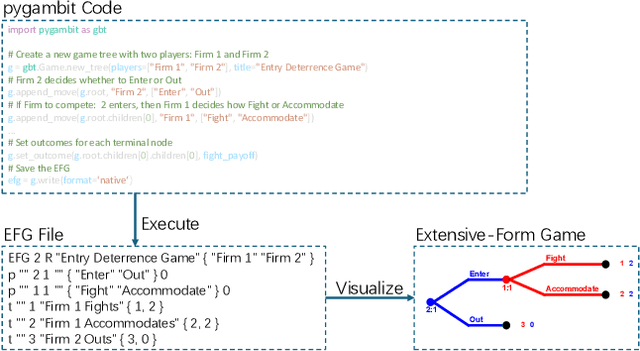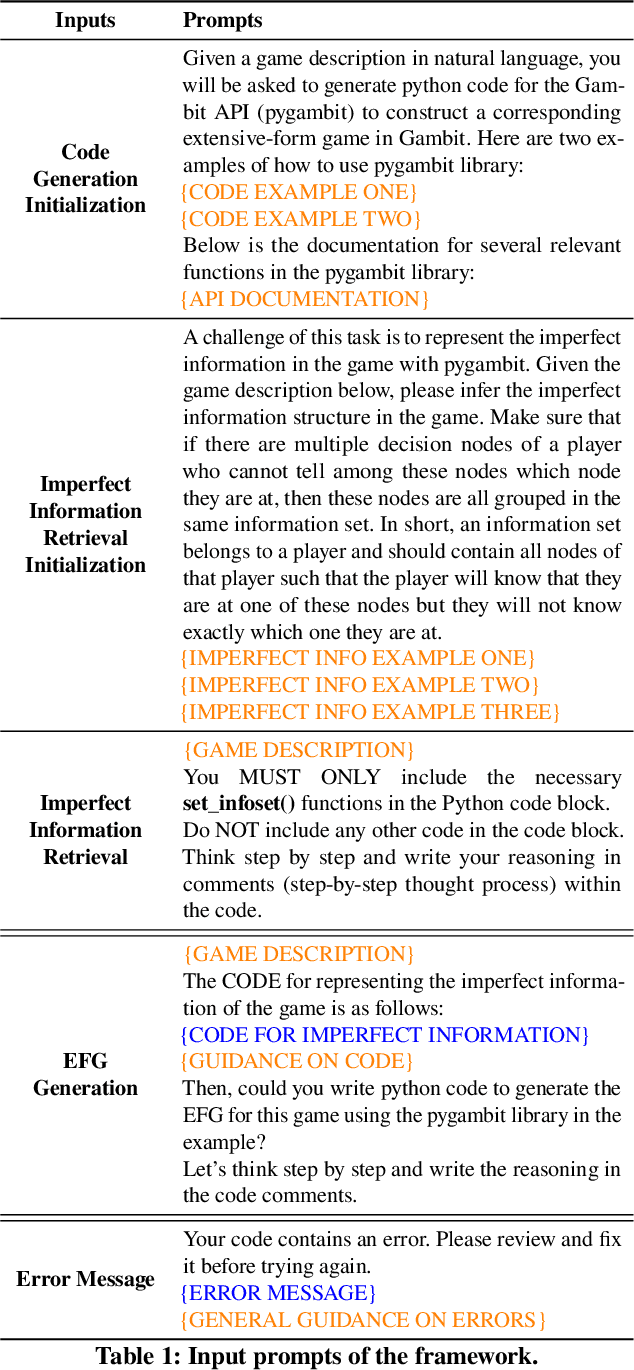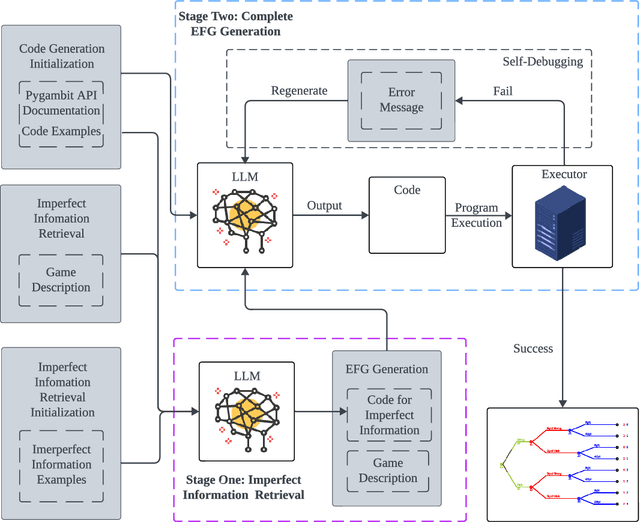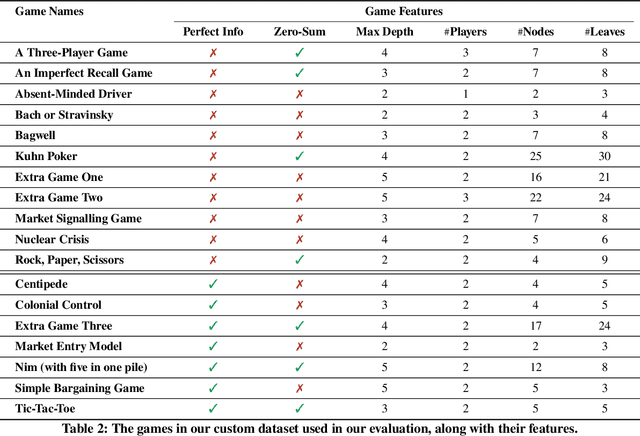Shilong Deng
A Unified Framework for Rethinking Policy Divergence Measures in GRPO
Feb 05, 2026Abstract:Reinforcement Learning with Verified Reward (RLVR) has emerged as a critical paradigm for advancing the reasoning capabilities of Large Language Models (LLMs). Most existing RLVR methods, such as GRPO and its variants, ensure stable updates by constraining policy divergence through clipping likelihood ratios. This paper introduces a unified clipping framework that characterizes existing methods via a general notion of policy divergence, encompassing both likelihood ratios and Kullback-Leibler (KL) divergences and extending to alternative measures. The framework provides a principled foundation for systematically analyzing how different policy divergence measures affect exploration and performance. We further identify the KL3 estimator, a variance-reduced Monte Carlo estimator of the KL divergence, as a key policy divergence constraint. We theoretically demonstrate that the KL3-based constraint is mathematically equivalent to an asymmetric ratio-based clipping that reallocates probability mass toward high-confidence actions, promoting stronger exploration while retaining the simplicity of GRPO-style methods. Empirical results on mathematical reasoning benchmarks demonstrate that incorporating the KL3 estimator into GRPO improves both training stability and final performance, highlighting the importance of principled policy divergence constraints in policy optimization.
From Natural Language to Extensive-Form Game Representations
Jan 31, 2025



Abstract:We introduce a framework for translating game descriptions in natural language into extensive-form representations in game theory, leveraging Large Language Models (LLMs) and in-context learning. Given the varying levels of strategic complexity in games, such as perfect versus imperfect information, directly applying in-context learning would be insufficient. To address this, we introduce a two-stage framework with specialized modules to enhance in-context learning, enabling it to divide and conquer the problem effectively. In the first stage, we tackle the challenge of imperfect information by developing a module that identifies information sets along and the corresponding partial tree structure. With this information, the second stage leverages in-context learning alongside a self-debugging module to produce a complete extensive-form game tree represented using pygambit, the Python API of a recognized game-theoretic analysis tool called Gambit. Using this python representation enables the automation of tasks such as computing Nash equilibria directly from natural language descriptions. We evaluate the performance of the full framework, as well as its individual components, using various LLMs on games with different levels of strategic complexity. Our experimental results show that the framework significantly outperforms baseline models in generating accurate extensive-form games, with each module playing a critical role in its success.
Enhancing Online Reinforcement Learning with Meta-Learned Objective from Offline Data
Jan 13, 2025Abstract:A major challenge in Reinforcement Learning (RL) is the difficulty of learning an optimal policy from sparse rewards. Prior works enhance online RL with conventional Imitation Learning (IL) via a handcrafted auxiliary objective, at the cost of restricting the RL policy to be sub-optimal when the offline data is generated by a non-expert policy. Instead, to better leverage valuable information in offline data, we develop Generalized Imitation Learning from Demonstration (GILD), which meta-learns an objective that distills knowledge from offline data and instills intrinsic motivation towards the optimal policy. Distinct from prior works that are exclusive to a specific RL algorithm, GILD is a flexible module intended for diverse vanilla off-policy RL algorithms. In addition, GILD introduces no domain-specific hyperparameter and minimal increase in computational cost. In four challenging MuJoCo tasks with sparse rewards, we show that three RL algorithms enhanced with GILD significantly outperform state-of-the-art methods.
Large Language Models Are Neurosymbolic Reasoners
Jan 17, 2024



Abstract:A wide range of real-world applications is characterized by their symbolic nature, necessitating a strong capability for symbolic reasoning. This paper investigates the potential application of Large Language Models (LLMs) as symbolic reasoners. We focus on text-based games, significant benchmarks for agents with natural language capabilities, particularly in symbolic tasks like math, map reading, sorting, and applying common sense in text-based worlds. To facilitate these agents, we propose an LLM agent designed to tackle symbolic challenges and achieve in-game objectives. We begin by initializing the LLM agent and informing it of its role. The agent then receives observations and a set of valid actions from the text-based games, along with a specific symbolic module. With these inputs, the LLM agent chooses an action and interacts with the game environments. Our experimental results demonstrate that our method significantly enhances the capability of LLMs as automated agents for symbolic reasoning, and our LLM agent is effective in text-based games involving symbolic tasks, achieving an average performance of 88% across all tasks.
Cooperation on the Fly: Exploring Language Agents for Ad Hoc Teamwork in the Avalon Game
Dec 29, 2023Abstract:Multi-agent collaboration with Large Language Models (LLMs) demonstrates proficiency in basic tasks, yet its efficiency in more complex scenarios remains unexplored. In gaming environments, these agents often face situations without established coordination protocols, requiring them to make intelligent inferences about teammates from limited data. This problem motivates the area of ad hoc teamwork, in which an agent may potentially cooperate with a variety of teammates to achieve a shared goal. Our study focuses on the ad hoc teamwork problem where the agent operates in an environment driven by natural language. Our findings reveal the potential of LLM agents in team collaboration, highlighting issues related to hallucinations in communication. To address this issue, we develop CodeAct, a general agent that equips LLM with enhanced memory and code-driven reasoning, enabling the repurposing of partial information for rapid adaptation to new teammates.
 Add to Chrome
Add to Chrome Add to Firefox
Add to Firefox Add to Edge
Add to Edge